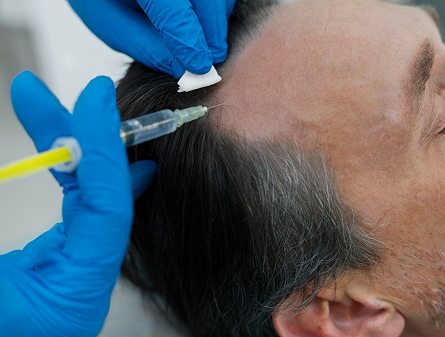Hair vitamins can help to prevent hair shedding. Studies have suggested that supplements can help people who suffer from a range of different forms of hair loss including alopecia areata, alopecia totalis, alopecia universalis, and androgenic alopecia (pattern baldness). Hair loss shampoo can help to regrow your hair.
The effectiveness of the treatment can depend on the ingredients used and if they can help with the cause of your hair loss. Hair vitamins can contain a wide range of ingredients including minerals, amino acids, and natural extracts.
Hair loss shampoos often contain natural ingredients that can provide benefits when applied topically. Check out the comparison table below to see how hair vitamins and hair loss shampoo stack up.
- Hair vitamins are oral supplements that may improve hair quality by correcting nutritional imbalances.
- Unlike shampoo, they work internally and support overall wellness.
- Hair loss shampoo is a topical product that may reduce shedding and help cleanse the scalp.
- Compared to vitamins, it works externally and is integrated into daily hygiene.
- Hair vitamins are widely available and generally cost $10–$30 per month.
- Low recurring cost, especially when bought in bulk.
- Hair loss shampoos range from $10 to $40 per bottle and require regular replacement.
- Depending on hair type and needs, it may need to be replaced more frequently.
- Hair vitamins are taken daily with visible improvement typically seen in 2–4 months.
- Long-term use is needed for sustained benefits.
- Hair loss shampoo is used multiple times a week and shows results slowly over several months.
- Compared to vitamins, improvement is more gradual and limited to the scalp.
- Hair vitamins are consumed orally and deliver nutrients systemically.
- Supports internal health to promote stronger, healthier hair.
- Hair loss shampoo is applied and rinsed out during regular washing.
- Unlike vitamins, it works only on the surface of the scalp.
- Hair vitamins are typically safe, but overdosing on specific nutrients may cause side effects.
- Best used according to label recommendations or under guidance.
- Hair loss shampoo is safe for most users, but it can cause dryness or irritation on sensitive skin.
- Compared to vitamins, it carries less risk of internal side effects.
- Hair vitamins are easy to integrate into a daily supplement routine.
- No special preparation required.
- Hair loss shampoo fits seamlessly into hair washing habits.
- Unlike vitamins, it may run out more quickly depending on hair type and health.
- Hair vitamins are widely sold in pharmacies, health stores, and supermarkets.
- Both are readily available over the counter.
- Hair loss shampoo is just as accessible and can be found in similar outlets.
- Availability is similar to vitamins, but the ranges will vary depending on the retailer.
- Hair vitamins provide results that last with continued use and proper nutrition.
- Benefits may diminish if discontinued or the diet worsens.
- Hair loss shampoo supports ongoing scalp health but requires regular use.
- Unlike vitamins, results often fade quickly if use stops, as they provide more temporary benefits.
- Hair vitamins are often used with topical products like minoxidil or laser therapy.
- Complementary to both medical and cosmetic regimens.
- Hair loss shampoo can be used alongside oral supplements and medications.
- Like vitamins, it’s a supportive rather than foundational treatment.
- Hair vitamins appeal to those seeking holistic, inside-out hair health.
- Hair vitamins are perceived as a gentle, wellness-driven option.
- Hair loss shampoo appeals to users wanting visible action through routine care.
- Unlike vitamins, it offers a more immediate, hands-on approach.
- Hair vitamins support not just hair but skin, nails, and general energy levels.
- Hair vitamins have broader systemic benefits than topical options.
- Hair loss shampoo promotes a clean, healthy scalp and may reduce inflammation.
- Compared to vitamins, the benefits are localised to scalp care.
- Hair vitamins produce recurring waste from plastic bottles and packaging.
- Unlike hair loss shampoos, bulk packaging may reduce environmental impact slightly.
- Hair loss shampoos also create plastic waste due to frequent replacement.
- Overall impact is comparable to that of vitamins, but eco-friendly packaging and refills are available.
Shop our hair solutions
We are committed to providing affordable hair regeneration services for people all over Australia. Our formula can help you regain your confidence.
Shop Now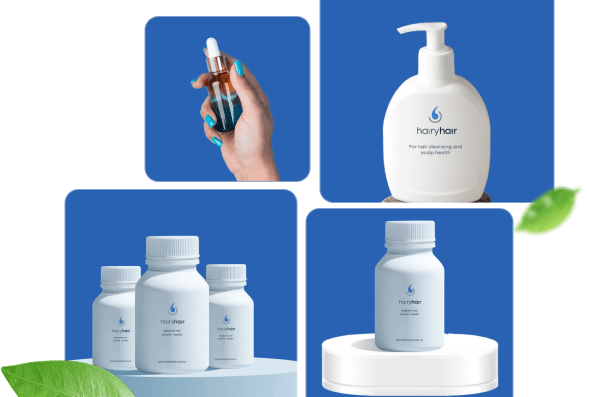
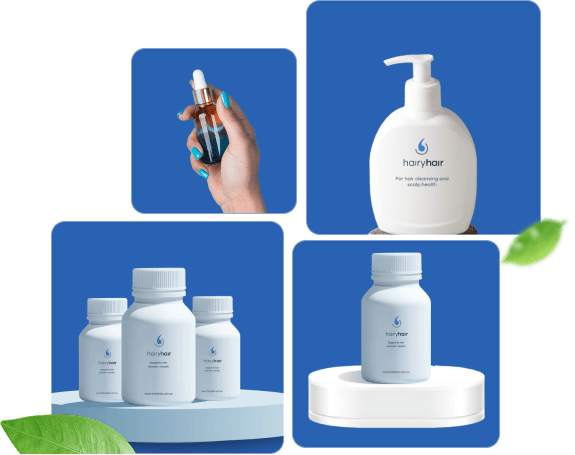
Vitamins vs Shampoo Regrowth Options Comparison Summary
Studies on hair vitamins have seen positive results after periods of 6 and 12 months. Hair vitamins are most effective for people whose hair loss is a result of a nutrient deficiency. Hair loss shampoo effectiveness can depend on the quality of ingredients used and the formulation.
Hair loss shampoo can target factors that influence hair growth such as scalp health, inflammation, and hormones. Hair vitamins and hair loss shampoos are available at a similar price point and may be available together as a subscription service online.
These formulations are designed to target different causes of hair loss for a comprehensive treatment. Hair vitamins are generally considered safe but should be taken under the supervision of a healthcare professional. This is because overconsumption of certain vitamins like vitamin A or vitamin E can cause hair to fall out and lead to other health issues.
Hair loss shampoos can interact with your endocrine system as they can contain chemicals that activate estrogen receptors and inhibit testosterone receptors. This can lead to a growth in breast tissue.
User Guidance
Hair vitamins and hair loss shampoo can be easily incorporated into your routine. The frequency with which you use hair loss shampoo will depend on the type of hair you have while hair vitamins are typically taken daily. If you have dry hair you will not need to shampoo as often as if you have oily type hair.
You should be careful not to overwash your hair however as it can remove healthy oils known as sebum that are required for a healthy scalp environment.
Hair vitamins and hair loss shampoo are both widely available but if you have a nutrient deficiency you may want to get a prescription from a doctor to tackle it as these formulations will be more effective than over-the-counter multivitamin options.
Take Our Hair Loss Quiz to See Which Treatment Suits You?
Take A Hair Quiz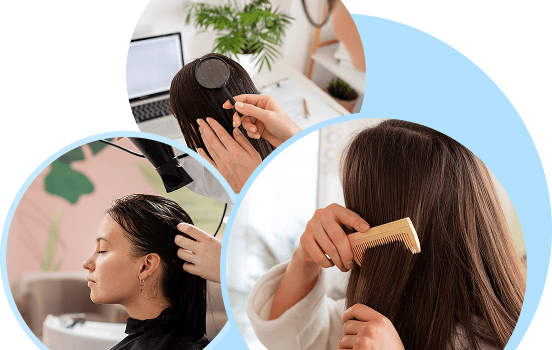

Frequently Asked Questions
We have put some commonly asked questions.
Nunc scelerisque tincidunt elit. Vestibulum non mi ipsum. Cras pretium suscipit tellus sit amet aliquet. Vestibulum maximus lacinia massa nontor.
Platelet-rich plasma (PRP) treatment involves drawing blood from the patient, isolating the beneficial nutrients and injecting it into the scalp where hair loss is occurring. This promotes hair growth and has many other applications from encouraging healing to skin rejuvenation.
Platelet-rich plasma (PRP) treatment involves drawing blood from the patient, isolating the beneficial nutrients and injecting it into the scalp where hair loss is occurring. This promotes hair growth and has many other applications from encouraging healing to skin rejuvenation.
Platelet-rich plasma (PRP) treatment involves drawing blood from the patient, isolating the beneficial nutrients and injecting it into the scalp where hair loss is occurring. This promotes hair growth and has many other applications from encouraging healing to skin rejuvenation.

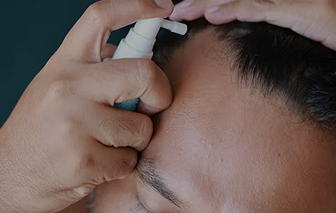


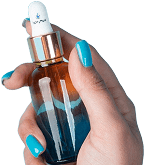
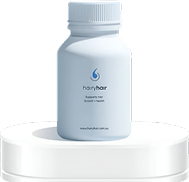
 See All
See All